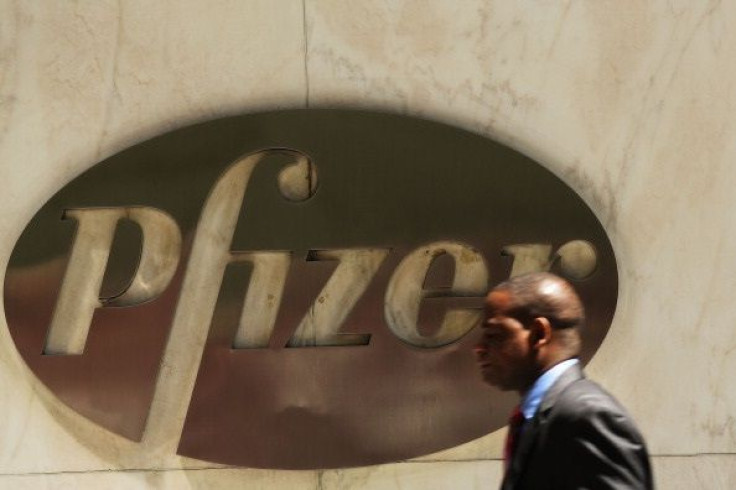Bills In Congress Take Aim At Corporate Tax-Avoidance Deals

By Susan Cromwell
WASHINGTON (Reuters) -- Tax-driven "inversion" deals that let companies flee the U.S. tax system by relocating abroad, if only on paper, would be curbed under legislation introduced in Congress, as Pfizer Inc (PFE.N) pursues such a deal with rival Allergan Plc (AGN.N).
Wisconsin Democratic Representative Mark Pocan's bills likely have little chance of advancing in the Republican-run Congress. But they represent renewed concern about the transactions. A wave of them peaked in September 2014 when a Treasury Department crackdown slowed, but did not halt them.
The possible Pfizer-Allergan deal helps to "highlight what can go on," Pocan, a small business owner, said in an interview on Monday.
If Congress is going to pursue tax reform, closing such loopholes should be part of the conversation, he said.
In an inversion, a U.S. company typically buys a foreign company and then relocates to its home country in an effort to cut the combined company's overall taxes. Relocations of this sort usually only involve paperwork, leaving core operations such as executive management and research in the United States.
One of Pocan's bills would tax all of a U.S. company's profits, foreign and domestic, at the same time and the same rate. At present, only domestic profits are taxed immediately. Tax on foreign profits may be deferred indefinitely.
The other bill would discourage "earnings stripping," which can be facilitated by inversions. This practice involves shifting profits earned in the United States out of the country and into a lower-tax jurisdiction.
New York-based Pfizer and Dublin-based Allergan said late last month that they have not reached an agreement and declined to give details on their proposed combination.
Bills resembling Pocan's introduced last year made no headway. Lawmakers were widely seen as unlikely to tackle major tax code changes before the 2016 presidential election.
Still, some Democrats have been scolding Pfizer since it said it was in friendly merger talks with Allergan to create what would be the world's biggest drug company. Sources have told Reuters that Pfizer is discussing a tax inversion.
Pocan said another reason for re-introducing his legislation now was to remind the Treasury that it also could do more to curb tax avoidance schemes. "That is what we are kind of waiting for. And we thought putting this out there might help remind them that we're still watching," he said.
(Editing by Kevin Drawbaugh and Andrew Hay)
© Copyright Thomson Reuters 2024. All rights reserved.











